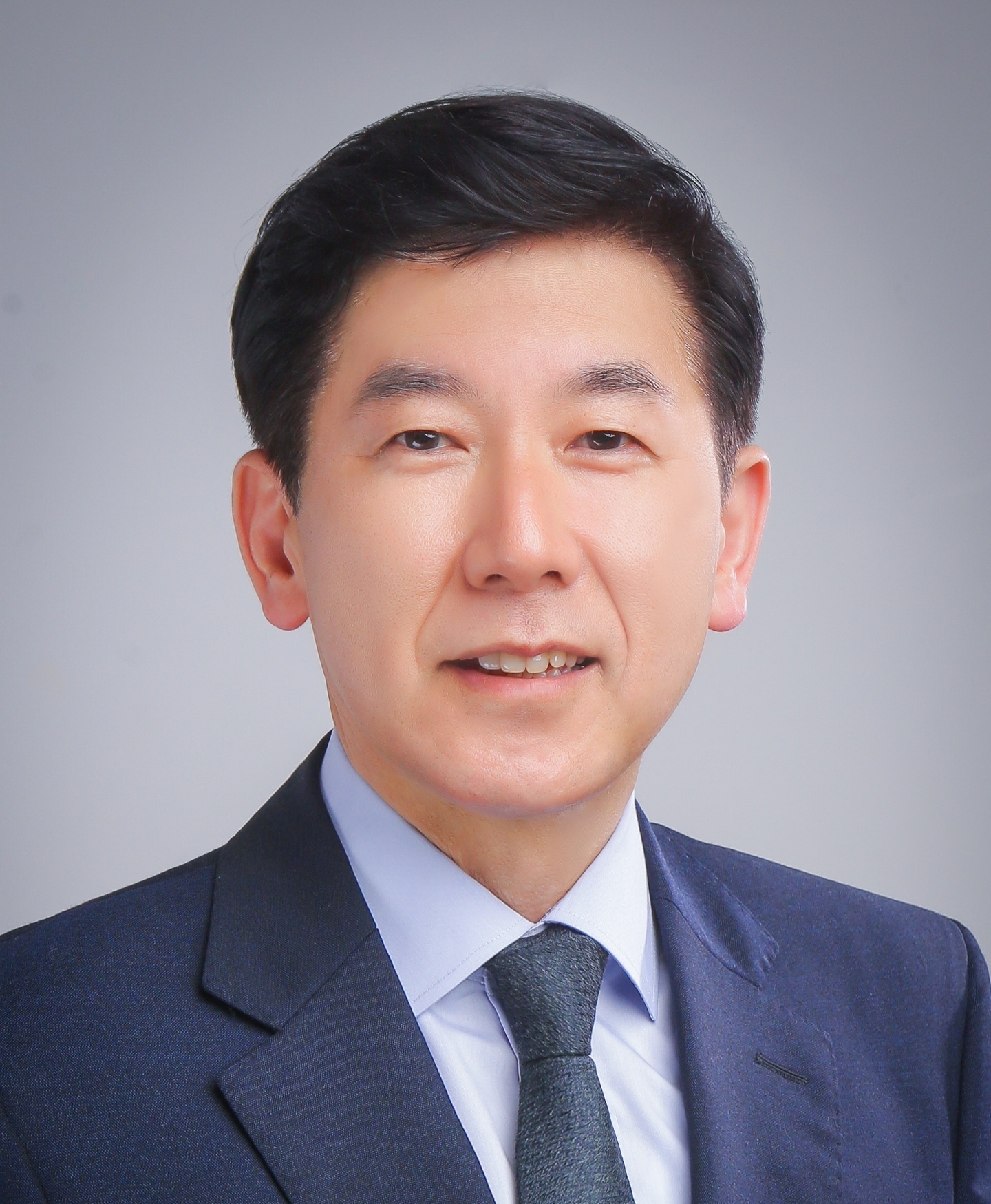
Under the motto “Better Policies for Better Lives,” the OECD, composed of 38 member countries and the European Union, is an intergovernmental organization that sets global standards and fosters co-prosperity through peer learning and evidence-based policy recommendations among members. Policy experts come together at the OECD to discuss critical global issues at more than 3,000 international meetings per year. Korea is one of the countries whose statistics and indicators the organization cites most frequently, and OECD recommendations provide valuable policy directions for Korean society.
Korea joined the OECD in December 1996, with the Permanent Delegation officially established in January 1997. Since then, the Delegation has provided recommendations to enhance Korea’s domestic policies through analysis and in-depth studies of best practices of member countries. Also, the Delegation has shared Korea’s own policies and development experiences with the organization in order to contribute to the OECD’s work of setting global standards.
Celebrating its 30th anniversary of its accession to the OECD in 2026, Korea has continuously strengthened its role and status within the organization. At the 2009 Ministerial Council Meeting, Korea led the adoption of the OECD Declaration on Green Growth. In 2019, Korea played a pivotal role in adopting the OECD Principles on Artificial Intelligence, the first-of-its-kind international norm adhered to by governments. From 2018 to 2022, as Co-Chair of the OECD’s Southeast Asia Regional Programme, Korea strived to bridge the Southeast Asia region with the OECD and to strengthen co-operation. Furthermore, we are taking a leading role in advancing discussions on critical global issues in close cooperation with the OECD, particularly in the areas of digital and green transitions, leveraging opportunities such as the Summit for Democracy (March 2024), the Seoul AI Summit (May 2024), and the World Climate Industry Expo (September 2024).
Our Delegation is strengthening multifaceted cooperation with the OECD, focusing on six key agendas, notably ‘Digital and AI transformation, Climate change and Energu transition, Low birth rates and Aging population, Quality of life, and Sustainable finance’ to enable Korea’s progress toward becoming a more mature global leader as a member of the OECD, amidst complex domestic and international crises. Additionally, in anticipation of the 30th anniversary of Korea’s OECD membership, various commemorative initiatives are being prepared.
As policy discussions in these areas are actively taking place in the OECD, the Korean Delegation will contribute to a better life for all our Korean people, analyzing and sharing best practices and policy experiences that are discussed at the OECD, while proposing policy recommendations to the Korean government and relevant institutions in a timely manner.
By expanding co-operation with OECD member countries that share core values such as liberal democracy, the market economy, and the rule of law, and by deepening co-operation with the OECD, the Korean government has the vision to be a ‘global pivotal state’ that contributes to freedom, peace, and prosperity in the international community. I look forward to your advice and constructive suggestions on the activities of our Delegation to realize this vision.

